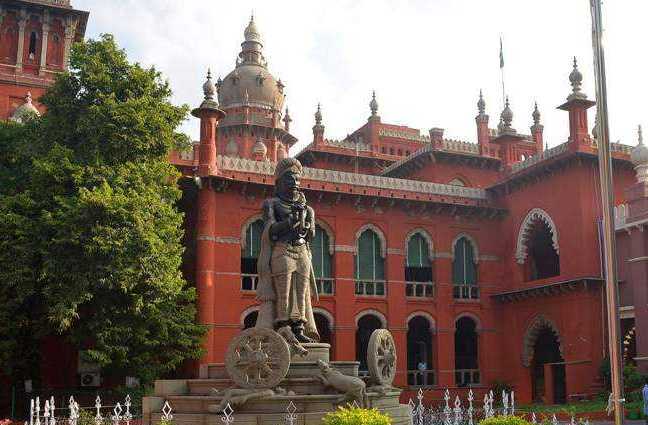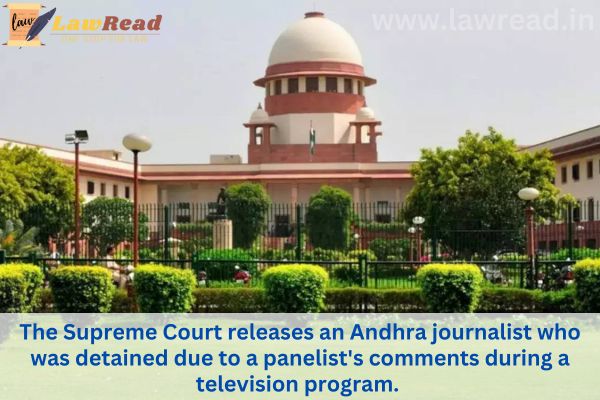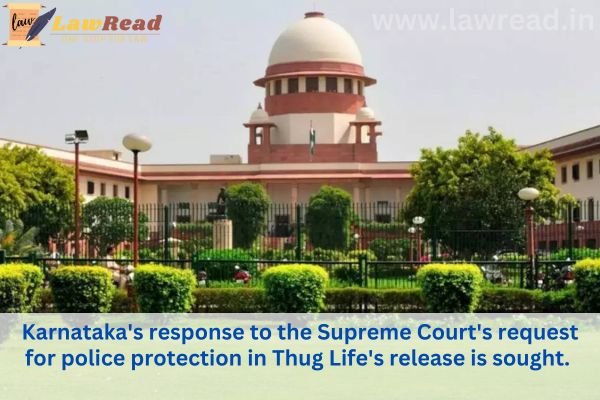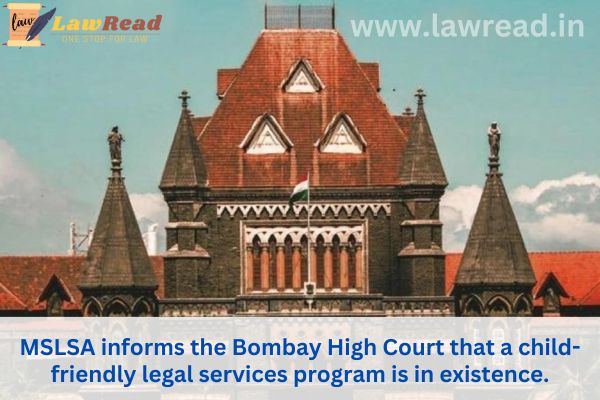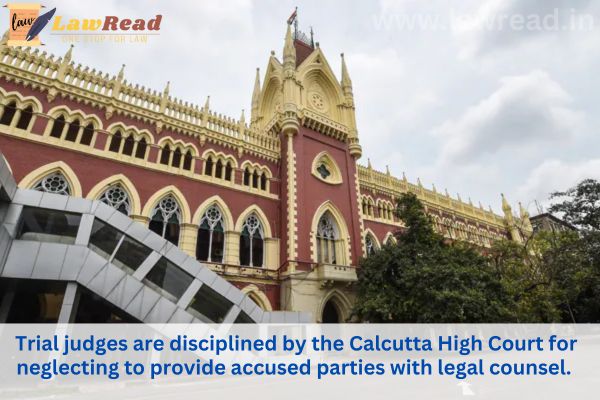News
The Supreme Court dismisses the case against a public servant, stating that S. 197 CrPC does not envision the concept of "deemed sanction."
An accused public servant's criminal appeal against the Allahabad High Court's decision to reject her petition to overturn a summoning order was granted by the court.
.jpg)
When dismissing a complaint against a public official, the Supreme Court noted that the idea of a "deemed sanction" is not covered by Section 197 of the Criminal Procedure Code, 1973 (CrPC).
In a criminal appeal against the Allahabad High Court's decision to reject a public servant's petition to overturn a summoning order, the court made this observation.
The position put forward by the complainant and the respondent-State regarding "deemed sanction" is similarly untenable, according to the two-judge bench consisting of Justice Satish Chandra Sharma and Justice B.V. Nagarathna. The concept of a presumed sanction is not contemplated in Section 197 of the CrPC. The chargesheet and the respondent-State's counter-affidavit both use this Court's Vineet Narain ruling to argue that failure to grant sanction by the relevant authority within the allotted time would be considered sanction for prosecution. A review of the aforementioned ruling, however, indicates that it addressed the Central Vigilance Commission's and the Central Bureau of Investigation's investigative authority and protocols rather than Section 197 CrPC.
The Bench stated that the Court does not have to determine whether the accusations against the accused were true or not, but that the fact that she was performing her official duties is enough to establish that the department had to issue a prior sanction before the Magistrate could take action against her.
AORs Shaurya Sahay and Prashant Bhushan represented the Respondents (State and Complainant, respectively), while Senior Advocate Rebecca John represented the Appellant/Accused.
A Few Facts
The Bureau of Indian Standards (BIS) employed the appellant. During her time at the Food Safety and Standards Authority of India (FSSAI), the Complainant, an Associate Director, claimed that the Enforcement Director had sexually harassed her. In order to take action under the provisions of the Sexual Harassment of Women at Workplace (Prevention, Prohibition and Redressal) Act, 2013 (POSH Act), a complaint was submitted to the FSSAI. The aforementioned man was found guilty by the Internal Complaints Committee (ICC), which was established to look into the complainant's claims. For the offenses under Sections 354, 509, 192, 197, 204, 218, 202, and 120B of the Indian Penal Code, 1860 (IPC), it was suggested that a formal complaint be filed against him. Nevertheless, the FSSAI did not prosecute those responsible for the misconduct and offense.
As a result, the Complainant filed a First Information Report (FIR). During the investigation, she claimed that the Appellant had submitted a counter-affidavit on her behalf without her permission during the Central Administrative Tribunal (CAT) hearings. She claimed that when she petitioned to rescind her transfer from Delhi to Chennai, the appellant threatened to harass her unless she took a study leave and left the city. Additionally, it was alleged that the Appellant threatened and coerced the Complainant into dropping the case. The Special Chief Judicial Magistrate took cognizance of the chargesheet that was filed against the appellant. The High Court denied the appellant's petition to have the chargesheet dropped, but it granted bail and allowed the appellant to speak with the magistrate. As a result, the appellant appeared before the Supreme Court.
Reasoning
"Therefore, the Magistrate erred in proceeding to take cognizance against the appellant without the sanction for prosecution being received from BIS, and since BIS has finally refused to grant sanction for the prosecution of the appellant, the prosecution against the appellant could not have been sustained," the Supreme Court stated in light of the aforementioned facts.
The Court ruled that the Magistrate erred in taking cognizance of the offense against the appellant before the appropriate authorities had issued a sanction for prosecution.
"Further, the High Court erred in failing to take into account the fact that the competent authority, in accordance with Section 197 of the CrPC, did not grant the sanction for prosecution and that the competent authority ultimately explicitly denied the sanction with regard to the allegations against the appellant," the statement continued.
The Court came to the conclusion that the very beginning of the criminal process against the appellant was tainted by the failure to give the required sanction.
As a result, the chargesheet and summoning order against the defendants were revoked by the Apex Court, which granted the appeal.
Title of Cause: State of U.P. & Others v. Suneeti Toteja (Neutral Citation: 2025 INSC 267)
Anjali Chaudhary, Sakshi Gupta, Shubham, Kamal, Shobhana Takiar, S N Kalra, Gade Meghana, AOR Meenakshi Kalra, and Senior Advocate Rebecca John appeared on behalf of the appellant.
Respondents: AORs Shaurya Sahay, Prashant Bhushan, Advocates Aditya Kumar, Ruchil Raj, Vikas Bansal, Alice Raj, and Suroor Mandar.

